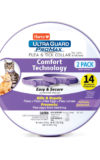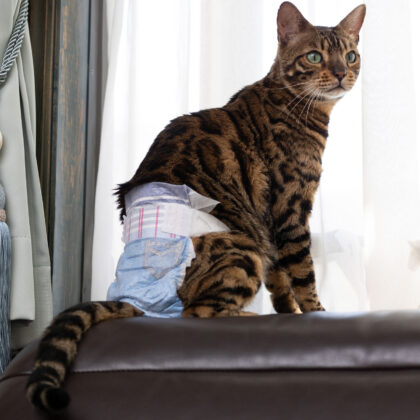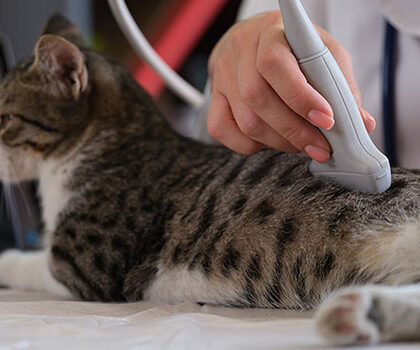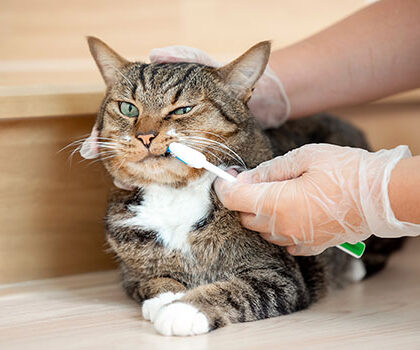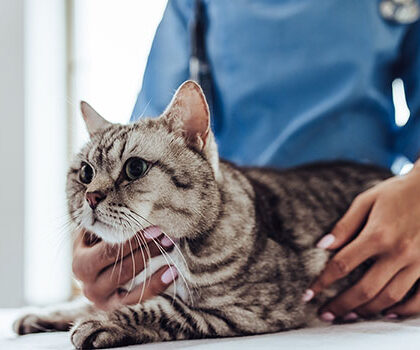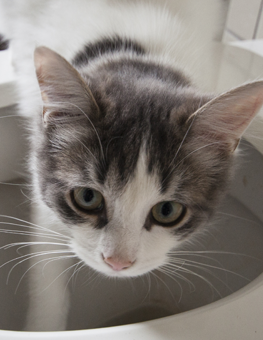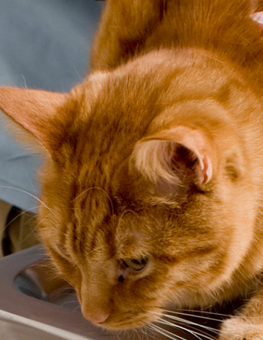Do Indoor Cats Need Flea and Tick Treatment?
When it comes to keeping our feline friends healthy, you may be confused as to whether or not your indoor cats need flea and tick treatments.
After all, if your cat never goes outside, why would they need protection from pests that typically live outdoors? Actually, your indoor cats can still benefit from receiving regular flea and tick treatment to keep them safe from these pesky parasites. Here’s why:
Are Fleas and Ticks Dangerous to My Indoor Cat?
Fleas and ticks are not just annoying pests. The parasites and transmit and cause significant health issues for your cat. Flea infestations can lead to itching and hair loss, but severe cases can make your cat anemic and put their life at risk. Ticks can transmit diseases like Lyme disease. While outdoor cats are certainly at higher risk of picking up these bugs, indoor cats are not completely immune from their dangers.

How Can Indoor Cats Still Get Fleas and Ticks?
- Unwelcome Guests: Although it’s not something we ever want to think about, fleas and ticks can hitch a ride into your home on your clothing and shoes. Even if your cat never steps outside, they can still be exposed to these parasites if they come in on your belongings or on other animals, like dogs who spend time outdoors.
- Optimum Environment: Fleas can actually thrive indoors, especially in environments where there are pets. Eggs and larvae can live in your home’s carpets, furniture, and bedding. If a flea does manage to get onto your indoor cat, it can take a bloodmeal and quickly lay eggs, which can lead to an infestation and spiral out of control if left untreated.
- Other Household Pets: If you have other pets that go outside, they can bring fleas and ticks into the home even if your cat doesn’t. Even if those pets are treated for fleas and ticks, there's still a risk that fleas or ticks may be able to transfer to your indoor cat.
- Travel: If you travel with your cat, like to the veterinarian or another person’s home, they could encounter fleas or ticks there.
Why is Flea and Tick Treatment Important for Indoor Cats?
Even though indoor cats are less at risk for fleas and ticks compared to outdoor cats, flea and tick prevention isn’t just for outdoor cats! Regular flea and tick treatments are the only way to ensure your feline friend remains protected from the potential threats posed by these parasites.
- Prevention: Regular flea and tick treatments help prevent infestations before they start. It’s much easier to keep these parasites at bay through regular prevention than to deal with a full-blown infestation.
- Health Risks: Fleas and ticks can transmit diseases that can affect your cat’s health. Regular treatment reduces the risk of fleas helping to prevent disease and keeps your cat healthy.
- Comfort: Fleas and ticks cause itching and discomfort. Flea and tick treatment for parasites prevents your cat from infestation and may keep his coat and skin healthy.
Choosing the Right Flea and Tick Treatment for Your Cat
When it comes to selecting flea and tick treatment for your indoor cat, there are several Hartz products available:
- Topical Treatments: These are applied directly to your cat’s skin, typically between the shoulder blades, and can offer protection for up to one month. Hartz® UltraGuard Plus® Flea and Tick Drops for Cats also work to repel mosquitos!
- Collars: The Hartz UltraGuard ProMax Flea & Tick Collar for Cats & Kittens is soft and flexible for your cat's comfort, while offering full-body protection against fleas, ticks, and their eggs. It has an easy-to-apply dual buckle system and a breakaway point for added safety.
- Sprays: Hartz Nature's Shield Flea and Tick Cat Spray works as both a preventative and treatment, killing fleas, eggs, larvae, and ticks while repelling mosquitoes. It features plant-based ingredients like Cedarwood and Lemongrass oils, is free from parabens, dyes, and harsh chemicals, and conditions your cat’s coat with vitamin E.
Be sure to choose a treatment specifically designed for cats and to follow the instructions on the packaging carefully and correctly. Consult with your veterinarian to determine the best option for your cat.
Even if your cat never leaves the comfort of your home, flea and tick treatment should be part of their regular health care routine. By taking proactive measures, you can protect your cat from the discomfort and health risks associated with these parasites.

